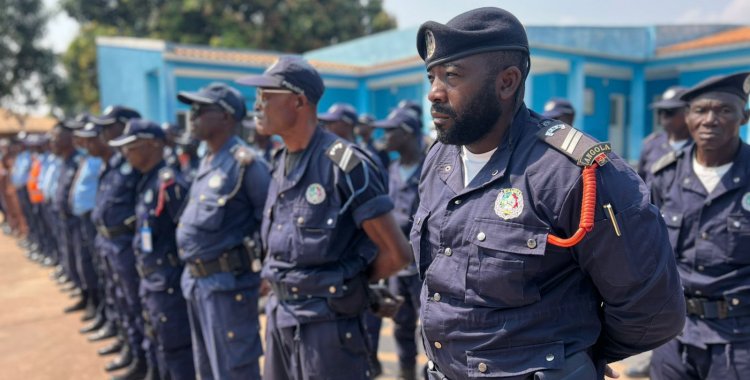From a legal point of view, Angolan legislation provides clear parameters. Article 79 of the Civil Code establishes that “unless otherwise provided by law, no one may be photographed or filmed without their consent. The publication of the image may be prohibited whenever it offends the honour, reputation or way of life of the person portrayed”. Among the exceptions provided for by the law itself, the cases in which “the image is taken in a public space; the people portrayed are exercising public functions; the images do not expose or offend the honour, dignity or private life of the people portrayed; the use is not for commercial or profit purposes”. In addition, Law No. 22/11 of 17 June (Personal Data Protection Law), in its article 31, paragraph 1, stipulates that “the processing of personal data may be carried out without the consent of the data subject when the data are collected in public places, made manifestly public by the data subject, or are necessary for the exercise of public functions by the data controller or by third parties to whom the data are communicated”.
Therefore, the capture and use of images of Angolan public officials in events such as police operations, parades or official ceremonies do not require prior authorisation, as long as the limits of decorum, non-commercial purposes and human dignity are respected. The uniform here functions as a symbol of the State and not as an extension of the individuality of the official. Thus, when an official is photographed on duty, the image represents an institution and not the person in his/her private sphere.
However, even though the law is clear and permissive in these cases, there is one dimension that cannot be ignored: ethics. Informal consent, although not legally required, represents a gesture of respect, responsibility and transparency. Especially in academic, scientific or institutional contexts, where the objective is not commercial but informative or educational, seeking the consent of those portrayed demonstrates institutional maturity and human sensitivity. It is an attitude that values dignity and strengthens trust between the person taking the photo and the person being portrayed.
Furthermore, images taken from institutional platforms, such as government websites or official social networks, assume a public and institutional nature and are also covered by the legal exceptions mentioned above. However, even in these cases, it is always prudent to verify the origin, context and purpose of the image, to ensure that its original function is not distorted.
It is therefore concluded that the use of images of public officials in uniform, on duty and captured in public places, is legally permitted under the Angolan legal system, provided that the principles of honor, reputation and non-commercialization are respected. However, the law should not be used as a shield to ignore ethics. Respect for the human person and for the role that state officials play in society recommends, whenever possible, the adoption of consensual and transparent practices. Acting legally means complying with the minimum; acting ethically means going beyond the minimum, it means affirming a more humane, more conscious and more respectful institutional culture.
Previous
The opinion of Janísio Salomão Janísio Salomão








